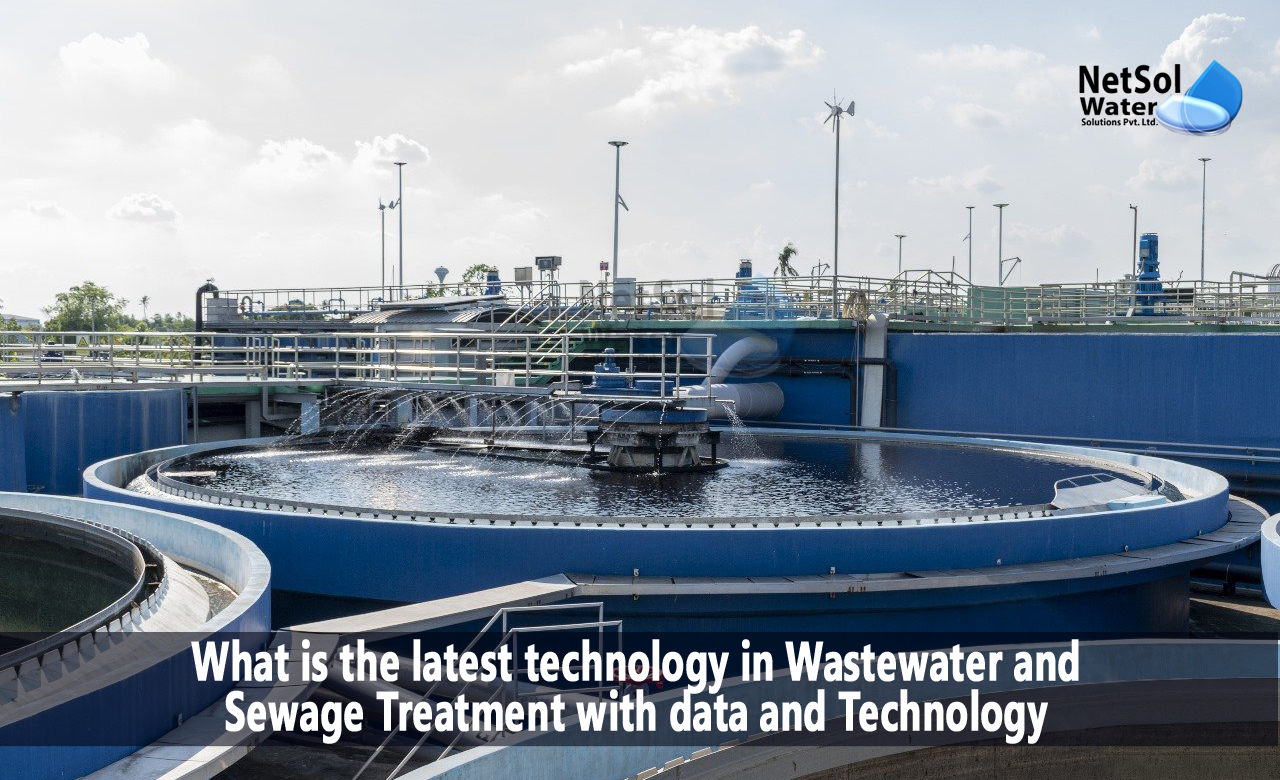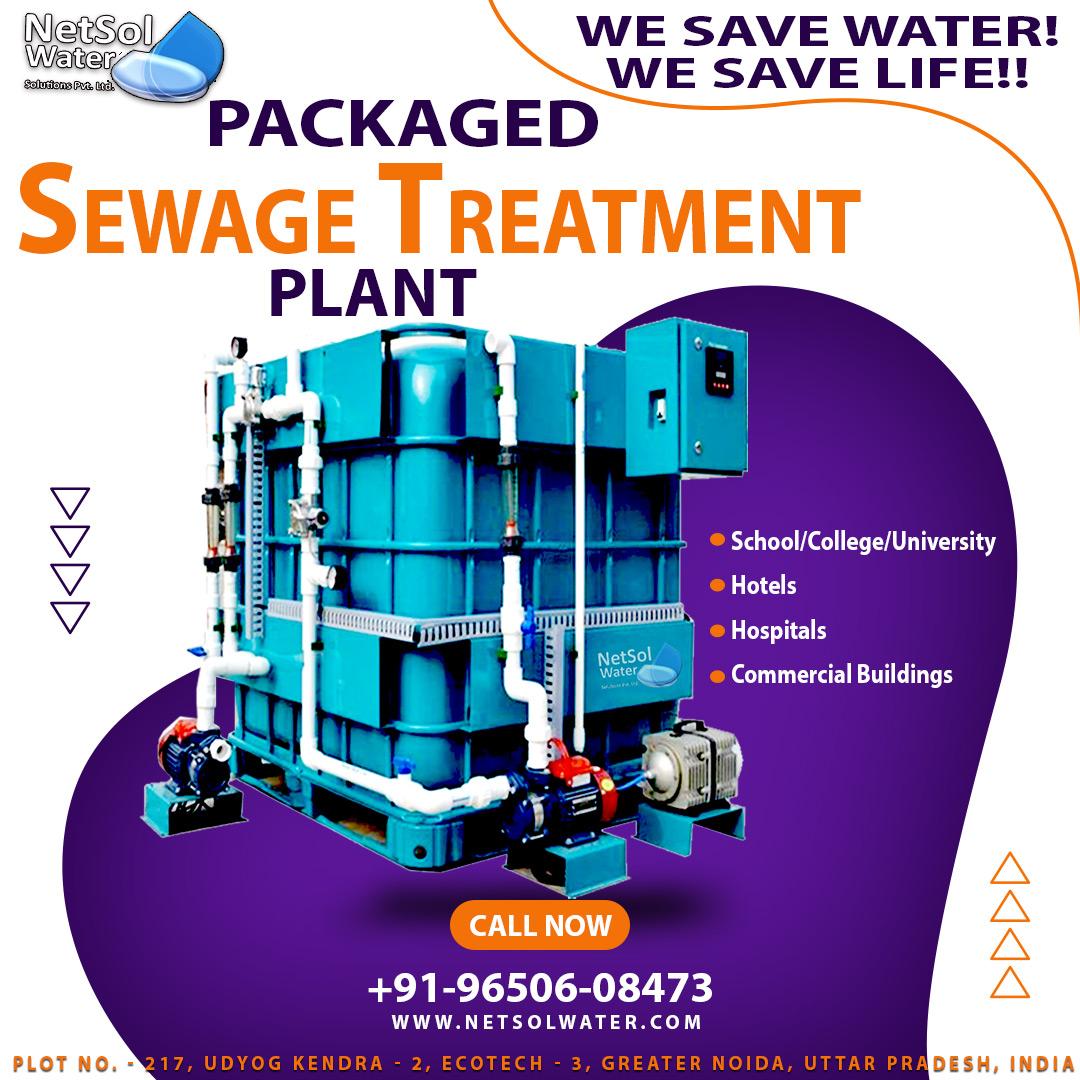What is the latest technology in Wastewater and Sewage Treatment?
As our planet faces growing challenges related to water scarcity and pollution, wastewater treatment technologies continue to evolve, offering more efficient, sustainable, and cost-effective solutions. Here, we'll delve into the latest technologies in wastewater treatment, backed by data and insights, to understand how these innovations are transforming the way we manage our precious water resources.
Advanced Oxidation Processes (AOPs)
Technology: AOPs use various oxidation methods, such as ozone, UV radiation, or hydrogen peroxide, to break down organic pollutants and pathogens in wastewater.
Data: A study published in the "Journal of Environmental Management" found that AOPs can effectively remove pharmaceuticals and personal care products from wastewater, addressing emerging contaminants.
Membrane Bioreactors (MBRs)
Technology: MBRs combine biological treatment with membrane filtration to achieve high-quality effluent. They offer a smaller footprint and better solids separation than traditional systems.
Data: According to the International Water Association, MBRs have demonstrated higher removal efficiencies for pollutants like nitrogen and phosphorus than conventional methods.
Electrocoagulation
Technology: Electrocoagulation uses electricity to destabilize and aggregate contaminants in wastewater, making it easier to remove them through precipitation or flotation.
Data: A study in the "Journal of Water Process Engineering" demonstrated the effectiveness of electrocoagulation in removing heavy metals from wastewater, with removal rates exceeding 90%.
Forward Osmosis (FO)
Technology: FO utilises a semi-permeable membrane and a draw solution to extract water from wastewater. It's energy-efficient and suitable for concentrating high-salinity brines.
Data: A case study from the Water Environment Federation showed that FO can efficiently treat landfill leachate and recover water while reducing the volume of waste requiring disposal.
Microbial Fuel Cells (MFCs)
Technology: MFCs employ microorganisms to break down organic matter in wastewater while generating electricity as a byproduct. This innovative approach has the potential for energy-neutral wastewater treatment.
Data: A study in the "International Journal of Hydrogen Energy" demonstrated the feasibility of using MFCs to treat real wastewater while producing electricity.
Artificial Intelligence (AI) and Machine Learning
Technology: AI and machine learning are being integrated into wastewater treatment systems to optimise processes, predict system failures, and enhance overall efficiency.
Data: A report by Research and Markets predicts significant growth in AI applications for water and wastewater treatment, citing improved water quality and cost savings as benefits.
Resource Recovery Technologies
Technology: These technologies focus on extracting valuable resources from wastewater, such as energy, nutrients, and clean water, creating a circular and sustainable approach to treatment.
Data: The Water Environment & Reuse Foundation reports that resource recovery from wastewater can offset treatment costs, making it an economically viable and environmentally friendly approach.
Decentralized Treatment Systems
Technology: Decentralized systems, like small-scale modular treatment units, are gaining popularity, providing localized solutions for wastewater treatment in remote or underserved areas.
Data: According to the World Bank, decentralized wastewater treatment systems can significantly improve sanitation and public health in regions lacking centralized infrastructure.
Conclusion
The latest technologies in wastewater treatment are reshaping the landscape of water resource management. These innovations not only improve treatment efficiency but also contribute to sustainability, resource recovery, and cost savings. By harnessing the power of advanced oxidation, membrane bioreactors, electrocoagulation, forward osmosis, microbial fuel cells, artificial intelligence, resource recovery, and decentralised systems, we can create a more resilient and environmentally responsible approach to wastewater treatment. As the global population grows and water resources become scarcer, these cutting-edge technologies offer hope for a cleaner and more sustainable future.




